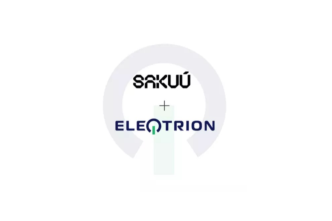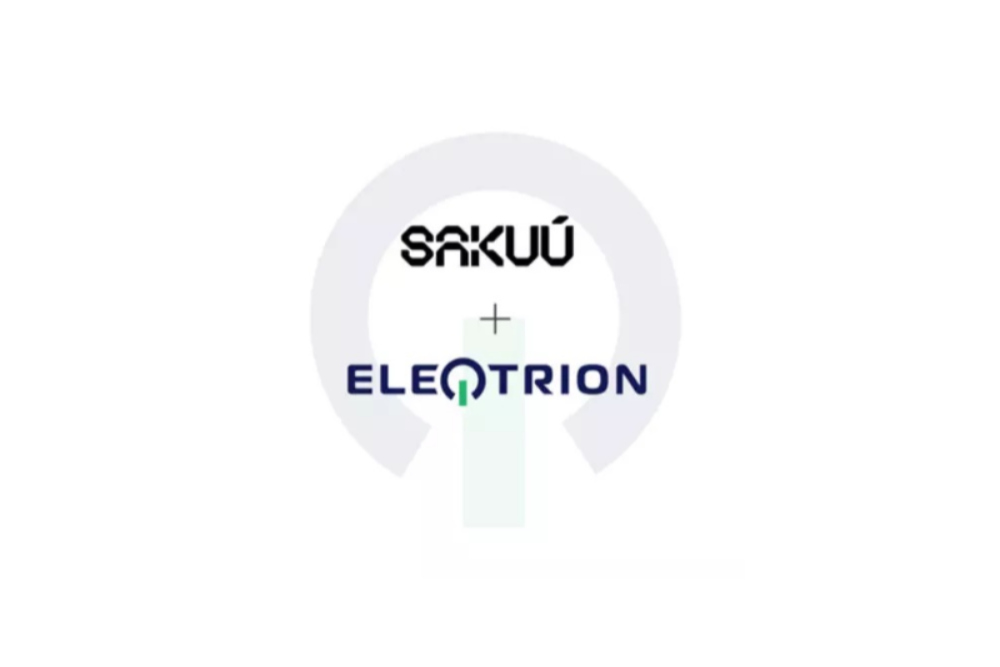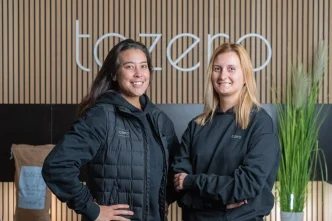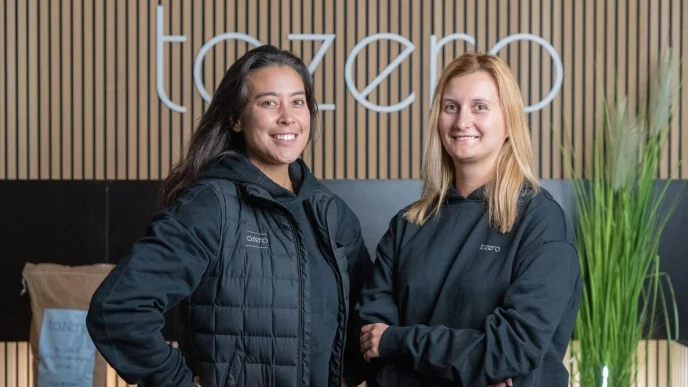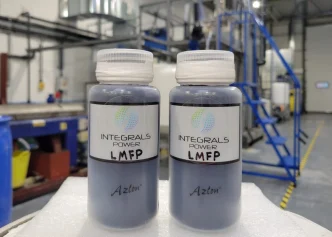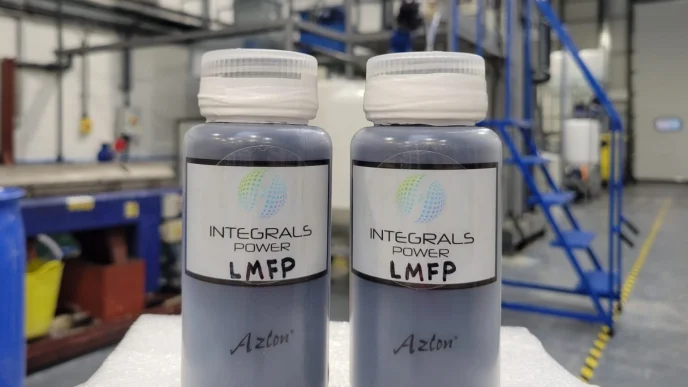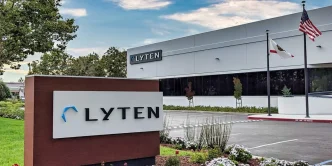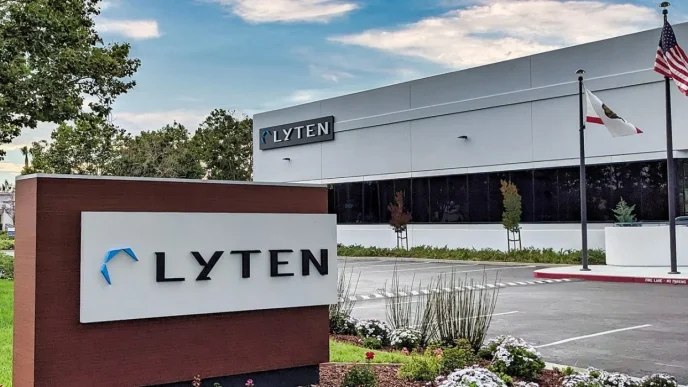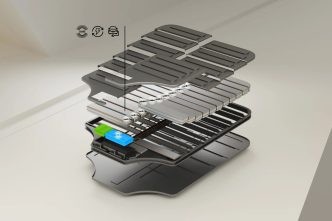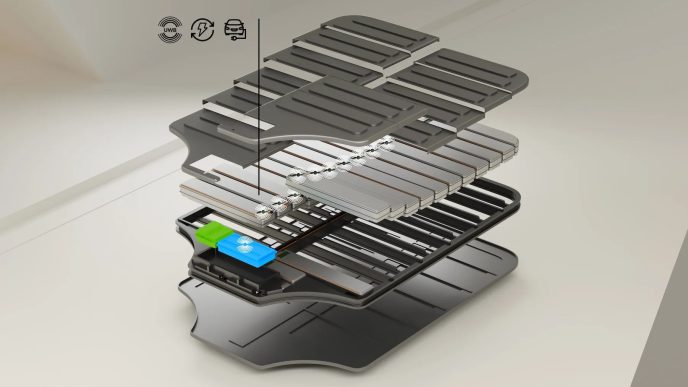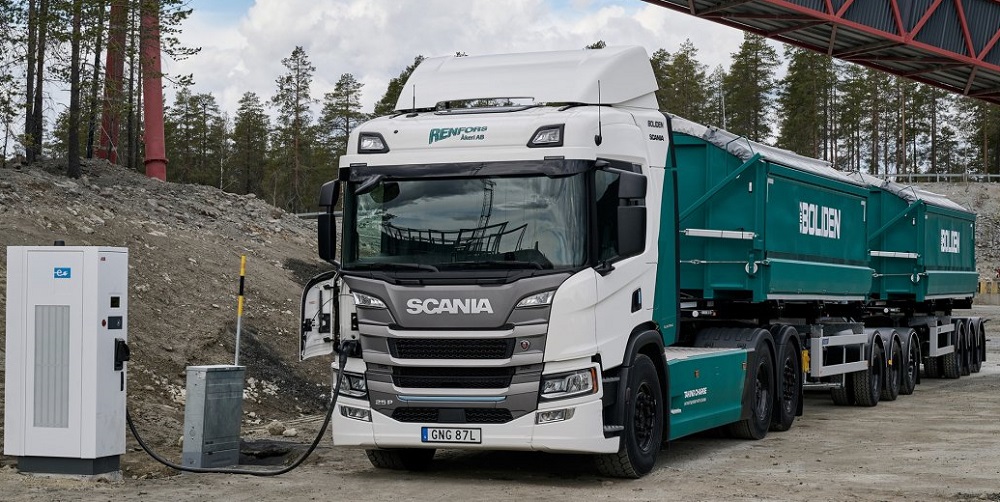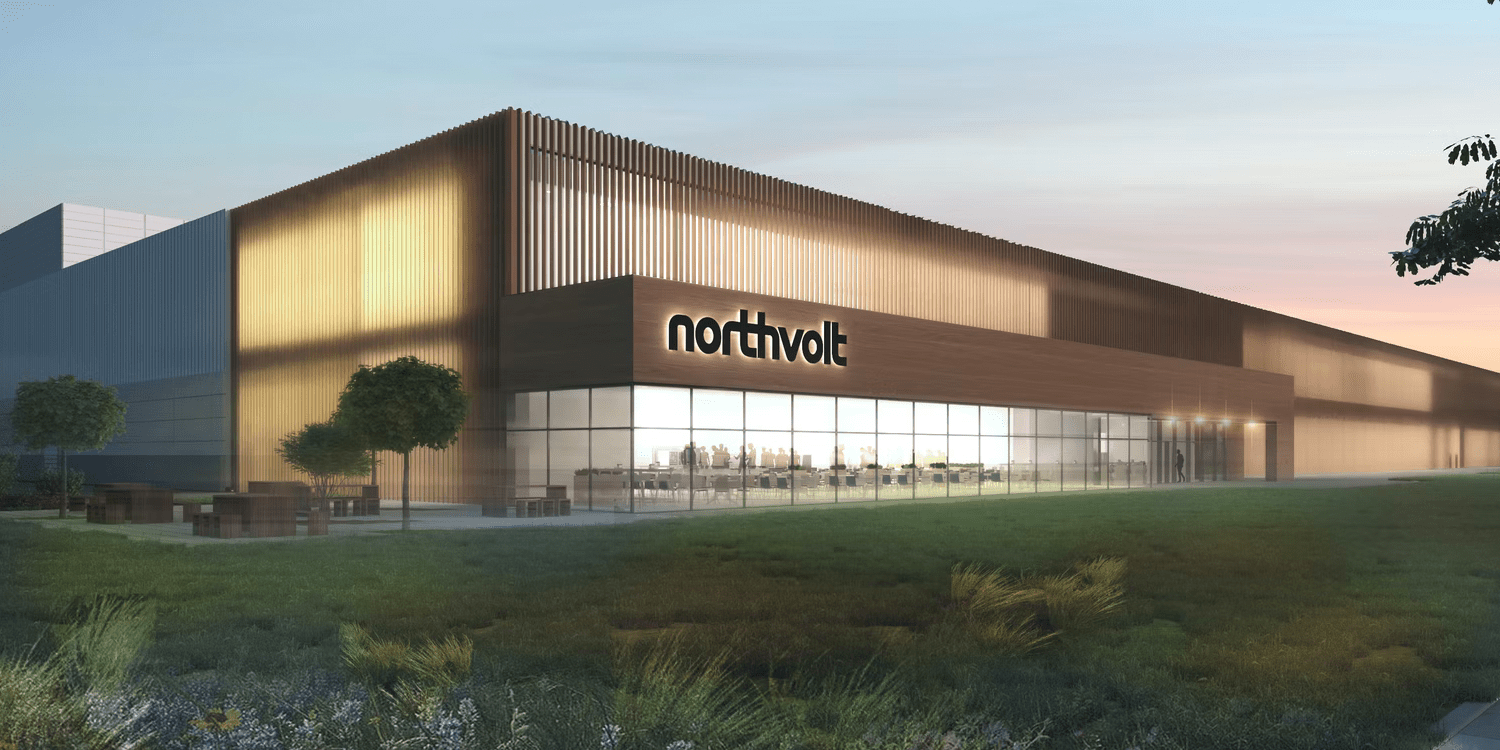Sakuu, a battery manufacturing company, has formed a partnership with Eleqtrion, a specialist in aluminium-ion battery technology, to advance the development of scalable and sustainable aluminium-ion batteries. The collaboration aims to improve energy density and reduce the carbon footprint of batteries for both small- and large-scale energy storage systems and e-mobility applications. The two companies will utilize Sakuu’s ‘Kavian’ platform to enhance the efficiency and sustainability of aluminium-ion battery production.
Eleqtrion’s proprietary battery electrode technology will be used to explore the potential of aluminium-ion batteries. Eleqtrion’s CEO, William Reynold, stated, “By harnessing the power of aluminium-ion batteries, we’re taking a significant step toward creating energy systems that are more sustainable, safer, and more adaptable to the future’s growing demands.” Aluminium-ion is gaining attention as a material for battery production due to its potential for both high performance and lower environmental impact.
Sakuu’s Kavian platform, which has been used for dry-process electrode production and 3D printing in solid-state battery manufacturing, will play a key role in the development of aluminium-ion batteries. Sakuu’s founder and CEO, Robert Bagheri, commented, “Our partnership with Eleqtrion is a testament to the platform’s versatility. Together, we will explore how Kavian can be used to produce aluminium-ion batteries at scale, offering a cleaner and more efficient solution for energy storage needs worldwide.”
Sakuu, which introduced a market-ready lithium metal cell chemistry in May 2023, plans to achieve an annual production capacity of 200 GWh for lithium metal and solid-state batteries by 2030. The company has partnered with Porsche Consulting to plan its gigafactories, which will incorporate the Kavian platform for large-scale solid-state battery production. Sakuu currently operates pilot and engineering facilities in Silicon Valley, where it has been producing 3D-printed functional batteries since December 2022.

